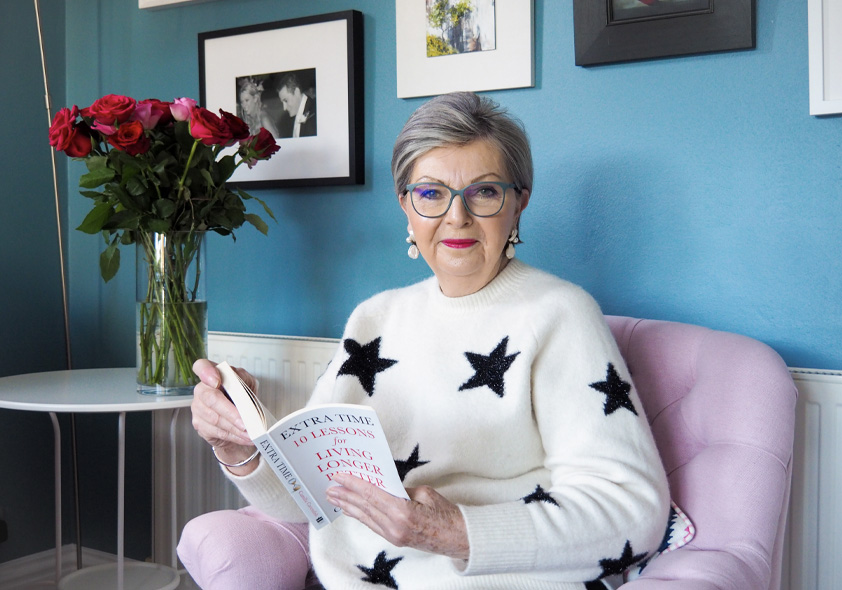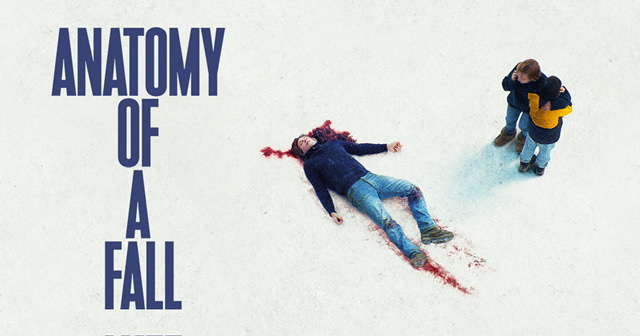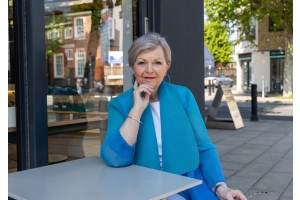
I cannot remember a time when I didn’t have a book ‘on the go.’ Even as a seven year old I always had a library book on my bedside table waiting for me to immerse myself back into the story at the end of the day. Nearly seventy years and hundreds of books later, and without fail, I still read from a novel every night before I turn out the light for sleep. I also read non-fiction when something grabs my interest so that I can do a deep dive into a subject which fascinates me.
And what has this daily practice done for me? An almost incalculable amount of good if something called the Ljubljana Reading Manifesto is to be believed.
Which is why the widespread practice of scanning, scrolling and skimming on digital devices, which may be the only reading done by vast numbers of people nowadays, should fill us all with alarm.
I tend to dislike ‘old fogey’ articles. You know the kind of thing. Someone asks a few socially conservative people over 60 for their opinion on a range of topics guaranteed to enrage them and we, the entire older generation, get tarred by the same brush of being, at best, fuddy-duddies, and, at worst, narrow-minded bigots. However, this subject is very close to my heart, so I am going to make the argument that we should all be worried by a decline in long-form reading across the world, and also make the case that this threatens us in profound and important ways.
I used to be a primary school teacher for 7 year olds. Thankfully for the children in my care, this was during a brief interlude of just four years. The experience taught me that being able to read is fundamental to every other thing in the classroom. An illiterate child cannot learn anything else, including writing and maths. At its most basic level, reading is the key which unlocks the entire world of learning. And, in the fairly recent past, most learning at every level of education was via long form reading and printed books.
That is rapidly being replaced by digital media, so that many people, children as well as adults, are only accessing information via screens of one sort or another. But reading from a screen, especially a phone is not in any way conducive to long form, in-depth texts. It is only suitable for skimming or scanning so the text is likely to be brief and will necessarily be simplified. And, If for leisure and to satisfy their need for imaginative worlds, those children and adults have also substituted online games and box sets for reading stories in books, then surely it is valid to question the impact this might have on us as human beings.
Which brings me to a quote from the Ljubljana Reading Manifesto. This is a Slovenian initiative which has recently been signed by a number of luminaries, and, as you would expect, the list of signatories includes authors, scholars, PEN International, and library and publisher’s associations, amongst others: “The digital realm may foster more reading than ever in history, but it also offers many temptations to read in a superficial, scattered manner - or even not to read at all. This increasingly endangers higher-level reading.” The manifesto suggests that this development is ominous, because of what in-depth reading contributes to the development of our brains. It also warns that democracy itself is threatened as a result.
When we read, first we need to understand and make sense of the text. Then we need to be able to critically analyse it. This may then give us a different perspective on a subject and may also increase our empathy and ability to see things from another’s point of view which, in turn, may generate other insights and even stimulate us to find out more. This is just as true for fiction as it is for non fiction. However, none of this will happen if we are gaining our ideas about the world by scrolling and skim reading on a digital device.
Put very bluntly, people who lose these essential reading skills also lose the habit of thinking deeply about complex issues. And into this void comes “simplism” or the ideology of simple answers for complicated problems. Simplism is sold under euphemisms such as ‘common sense’ or ‘telling it straight’. It also shelters under simple, meaningless slogans like ‘The Will of the People’, without explaining precisely who these willful people are, given that, as one of them, I often have absolutely no desire for what is proposed. And, of course, simplists necessarily shun and sideline experts who tend to be well-read and well qualified, having spent years developing their particular knowledge of a given area. Into this void come conspiracy theories (lies in other words), culture wars and the kind of very divisive rhetoric that has entered our public discourse in recent years.
And this is why the Ljubljana Reading Manifesto claims that democracy itself is under threat. How and why is spelled out in an excellent book* by political commentator, Ian Dunt. Here is the quote: “The second lie (of populist politicians) is that the world is simple …. instead of being a vast and diffuse network of individual and organisational interests…. The notion of complexity is thereby eradicated from existence. The great ecosystems of the world, from trading networks, to law, finance and sovereignty - are wiped away. They are replaced by childish assessments of problems and infantile proposals for their solution.”
For an example of this, I could point you to the online language around the current outbreak of hostilities in Gaza since last October. This is a deeply complex conflict which stretches back in time even before the creation of the state of Israel in 1948. This conflict is now reduced to a simplistic ‘good/evil’ ‘right/wrong’ narrative depending on which side the writer (or you as the reader) supports. There is zero nuance and “our suffering” trumps “their suffering” because no empathy is allowed for the other side. Such simplism can only be countered by reading widely from a range of reliable, well-informed and varied sources. But that takes time, combined with the work of thinking deeply with an open mind, and in our busy lives most people have neither the time nor the inclination to make that effort.
I am conscious in writing this critique that I, too, could be accused of just being a typical old fogey who is stuck in the past. I read just the other day that 23% of 5-7 year olds have their own smartphone in the UK, whilst that number goes up to 62% for 8-11 year olds. With teenagers the figure must be close to 100%, and nowadays you only have to travel by train to witness the addictive lure to the vast majority of adults of constantly skimming, scrolling and scanning information via mobile phones. Rarely do you see anyone reading a book. And if the majority of people are getting most of their news and other information in that way, then they are also getting it served up in a simplified and simplistic form. As the Ljubljana Reading Manifesto says, reading solely on digital media may limit rather than expand our understanding of the world.
This week I briefly babysat my seven year old granddaughter Matilda, who does not yet possess her own smartphone. At bedtime I asked her if she wanted a bed-time story, so she went to a cupboard in her room, selected one of her many books and then insisted on reading it to me, rather than the other way round. The story was based on the Princess and the Pea and she loved it.
I fervently hope that, like me as a seven year old, she’ll continue to love reading proper books. That way she has the best possible chance of developing a greater understanding of all the complexities of our modern world.
*If you are interested in politics then I can thoroughly recommend two books by Ian Dunt: ‘How to be a Liberal’ and ‘How Westminster Works and Why it Doesn’t’. I also enjoyed Rafael Behr’s book ‘Politics: A Survivor’s Guide.’
Tricia x
Watch Our Latest Video...
Julie's Spring Hooded Eyes Tutorial
Embrace the beauty of spring with Julie's expert tutorial! Julie shares a full makeup tutorial tailored for the season, complete with tips for hooded eyes and expert advice on achieving a fresh, radiant look...
Upcoming Events:
Friday 18th April


Film Club: The Anatomy of a Fall
Available on Amazon Prime
Watch the film beforehand and join us for a group discussion!
Day: Friday 18th April 2024
Time: 4 pm
Link: https://us02web.zoom.us/j/86109288705?pwd=TUgzQW5IK0VnUGI2MGdtb0FQN3hxZz09
Meeting ID (if needed): 861 0928 8705
Password (if needed): LOOKFAB














